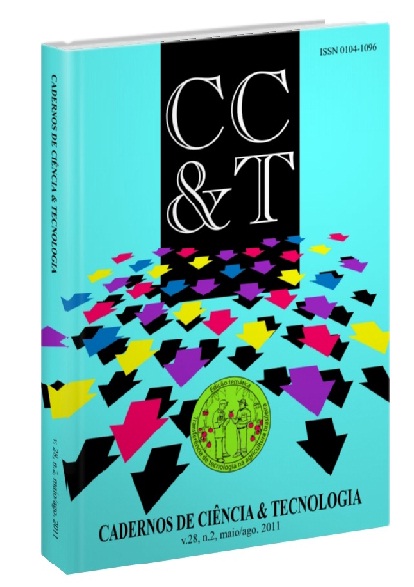THE ORGANIC RICE PRODUCTION AT THE LAND REFORM SETTLEMENTS IN THE PERIMETROPOLITAN AREA OF PORTO ALEGRE, RS, BRAZIL
DOI:
https://doi.org/10.35977/0104-1096.cct2011.v28.13300Abstract
The main economic source of the land settlements around the metropolitan area of Porto Alegre is irrigated rice cultivation. Since the creation of the land settlements, the families sought economic viability by using the conventional model of rice cultivation. This model brought negative consequences to the land settlements in many ways. That was when the first experience in planting organic rice happened, which spread to other land settlements. Thus, there was the need to organize the technical and production data of this activity, and the factors that lead the settlers to adopt this technology, to analyze its effects on the land settlements and to economically compare the production models. The control of the whole commodity chain aims at adding value and improving the profitability. The production process is still highly dependent on mechanization, since the rice-fish culture and the use of garganeys need to be better understood. Most of the ecologic rice production of the perimetropolitan area of Porto Alegre is certified. Currently there are 204 families engaged, a planted area of 1,200 hectares, and a predicted production of 5,200 tons of rice.
Index terms: agroecology, family farming, rice growing.


